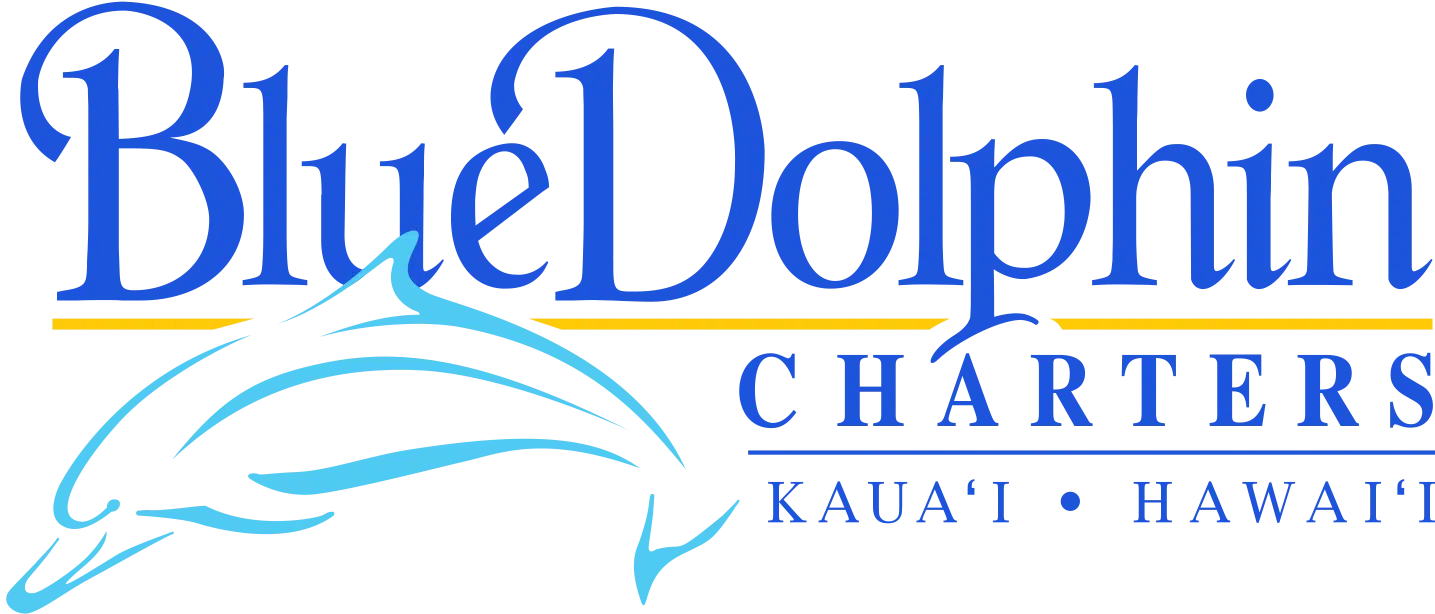Blue Dolphin Charters loves our beautiful island of Kauai, our sea life, and our ocean. For that reason, we keep this a priority throughout our operations and consider our environment and resources.
Our catamaran engines have been recently upgraded with new Lugger 6125 H2 Komatsu engines. These engines are gentle on the environment – low rpm, fuel-efficient, quiet, producing near-zero-emissions and slight odor – offering a much more pleasant experience for passengers and sea life.
All of our plates, cups, and eating utensils are environmentally friendly made from plant fiber paper with bio-based linings, and compostable in a commercial composting facility.
One of our resources is our sea life here on Kauai. While dolphins, turtles, whales, and other sea life often approach our vessels, we operate in compliance of all federal and local laws to give the sea life space when interacting. In efforts to protect our coral reefs in the ocean, our boats have reef-safe sunscreen conveniently available for your use.
As a visitor to the island of Kauai, you might be wondering what you can do to assist in keeping our environment healthy and thriving for the future generations. We would like to share some areas for you to consider during your activities on both land and the water.
In the Water:
- Be mindful that corals are alive.
- Don’t stand on, touch, or trample the corals.
- When snorkeling, be aware of your fins and the space around you.
- Use reef-safe sunscreen with no oxybenzone or octinoxate active ingredients.
- Return rocks to their original position if flipping them over.
- Observe proper behavior around protected species – Hawaiian green sea turtles and monk seals. Do not approach or harass them.
On Land:
- Remember that all ahupuaa lead to the ocean. Early Hawaiians adhered to a wedge-shaped land sections that usually ran from the mountains to the sea designed for sustainability, also known as an ahupuaa.
- Keep trash off beaches; leave the beach cleaner than it was when you arrived.
- Keep trash away from streams.
- Keep chemicals and other pollutants (pesticides, fertilizers, engine oil, etc.) from entering streams and storm drains.
- Don’t release non-invasive species into the wild.
- Participate in stream and beach clean-ups
